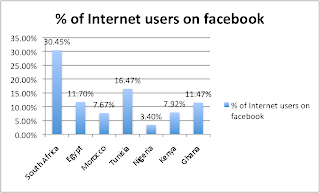A
study was conducted 5 years ago 0n the social effects of cell phones. Here are some questions posed by my professor and my answers to them.
1. Are the behaviors discussed in the study still valid today (5 years later)?
2. What do you think about the sociological terms defined by the study? Are they accurate or is there more to add, based on your experiences/observations?
3. In the context of your own educational setting on campus (or any other setting you prefer to consider, such as a mall), what effects are you seeing from students NOT covered in this study. For example, have you ever directly witnessed cell phones being used to cheat on an exam? Etc. etc
1. I think that the feelings that are discussed by the individuals are a bit outdated as well as the behavioral responses. I believe that cell phones have become much more a part of our lives than they used to be five years ago. Now almost everyone has a cellphone so its not so much seen as rude or impolite to answer a phone in the presence of another person. I also think that the choices of response to feeling ‘single’ when someone you are with answers their phone have broadened. With the increased functionality of phones, one could do so much more (even your homework) in order not to feel alone
2. I think that the sociological terms have changed in many ways. Cell phones are used to do much more than they used to. There are email capabilities and plus many apps that can actually include the other person at the table. Also, it has become an accepted norm that everyone has a cell phone and everyone needs to ‘attend to it’ at certain times. Some people (usually younger) tend to be more accommodating to cell phone interruptions that the older generations because they grew up with the technology and not so much adaptation had to be made to include it in their lives. I think that in this study, the cell phone was being viewed as a ‘necessary evil’ as opposed to a part of everyday normal life.
3. I have seen cellphones used for a lot of things. Since I own a blackberry, I sometimes have to use my phone as a modem to get wireless access where it might not be available. Also, cell phones (with all their various applications) can be used as huge learning tools (calculations, internet information research and taking notes of observations on cell phones instead of on paper). I use my phone to record important events such as singing practices (for a music class) and also important lectures that I might want to re-listen to.









